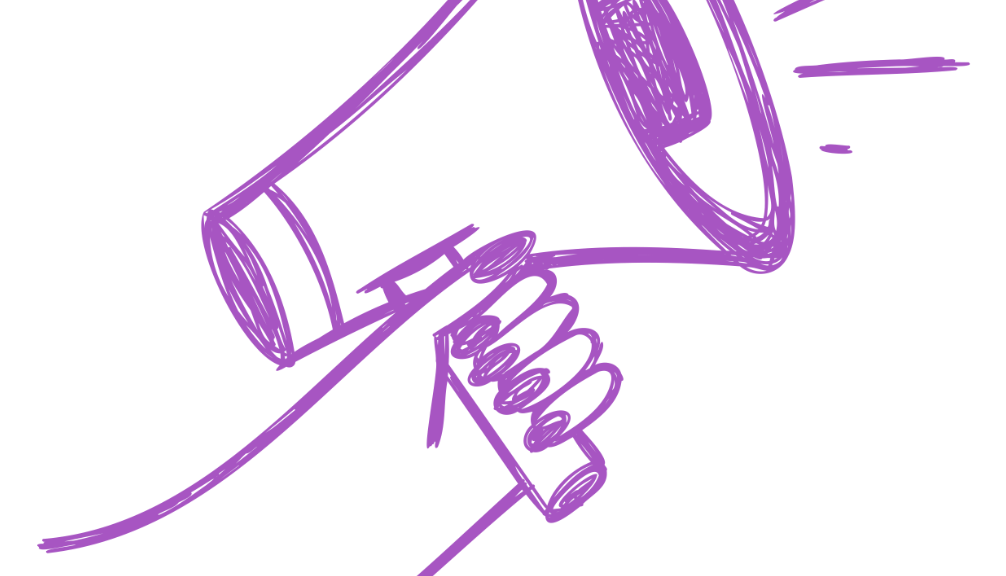
International Women’s Day in breastfeeding care
We know that the field of scientific knowledge about women’s health is limited. Often, the focus of scientific studies does not promote women’s autonomy, enable women to make their own decisions, or improve care when those health processes are not physiolocical.
This last point is especially important in the field of breastfeeding. When it comes to breastfeeding, there is an extensive bibliography on the benefits of breastfeeding for the health of mothers and babies that are repeated ad nauseam, over and over again. However, there is a glaring lack of research on pain care during breastfeeding, situations in which there is low milk production, how to accompany weaning, or how to care for breastfeeding when it is not satisfying, among others. That is to say, science promotes something, which it then is not interested in supporting or attending to.
And this is cruel. Cruel because, in breastfeeding care, healthcare professionals find themselves in front of a woman who has been told actively and passively how important it is that she breastfeeds her baby because of the multiple health benefits for both of them. And also, we tell her that artificial formula milk is the enemy. But then, we leave her alone without any tools to accomplish everything we have told her she should be doing.
This can come at such a vulnerable time in her life that feelings of frustration and guilt can build up for not being able to carry out “successful” breastfeeding, and some women even say that breastfeeding is “the worst thing” about having a baby.
We blame mothers for the lack of preparation and knowledge about breastfeeding during pregnancy and, as it turns out, we do not have a robust body of knowledge to meet their needs. Often, mothers who continue to pursue her breastfeeding journey, however it may be, but in their own way, have to hear comments such as: they have become obsessed with breastfeeding, that it’s not that important… but the main message of promoting the benefits of breastfeeding continues. And, if women can finally achieve the breastfeeding experience they want, judgments don’t end there. So, is the problem that they breastfeed too much, or too often, or at night or whatever, but not well enough? Do they every breastfeed right?
Another issue that someone could raise is: why are there nowadays so many difficulties in breastfeeding if this has been done forever? We have forgotten all non-scientific knowledge that women had and we gave priority to knowledge that comes from modern science, a science that has never put women or mothers at the center. Breastfeeding knowledge was passed from generation to generation of women until it was overruled under the name of science. This moment came at the same time as a reorganization of families. The family became increasingly small and relations with extended family members became limited. Just at a time when, in theory, all women are now able to have more power to make decisions about ourselves and our bodies, it turns out that we now have less knowledge of our bodies to be able to make them.
There is another side to the fact that science has turned its back on women. The vocabulary used in breastfeeding care is not scientific. It comes from the knowledge of mothers, who have sought information, training, and answers to the difficulties they have experienced. In breastfeeding medicine, we talk about sore nipples, milk blisters, growth spurts or breastfeeding crises, clicking sounds, and lumps. All these terms are not usually used in the scientific world. And this makes it seem like second-class knowledge. Again, from the point of view of healthcare professionals who use scientific evidence, we put breastfeeding in a place of minor science. This says a lot about us as scientists. And I say this from the belief that it will be science, that can bring us closer to knowledge and, therefore, help us to better serve women.
Today is the 8th of March, International Women’s Day, and we also have demands from the point of view of breastfeeding care. We need scientists to research breastfeeding from a woman’s point of view. We need breastfeeding to be explained from experience and not from the benefits. We need women to feel supported in making their own decisions, whatever they may be. And, while this happens, we need women to have safe spaces where, in their moments of difficulty and vulnerability, such as the postpartum period, they know that the healthcare professionals who attend them will not judge them, that they are trained not only in the theory, but also with practical knowledge and from a feminist point of view, by knowing the context in which motherhood is currently framed.
(Laia Aguilar, PhD, IBCLC, midwife and director of LactApp Medical, translation from Spanish by Christiane Gross)